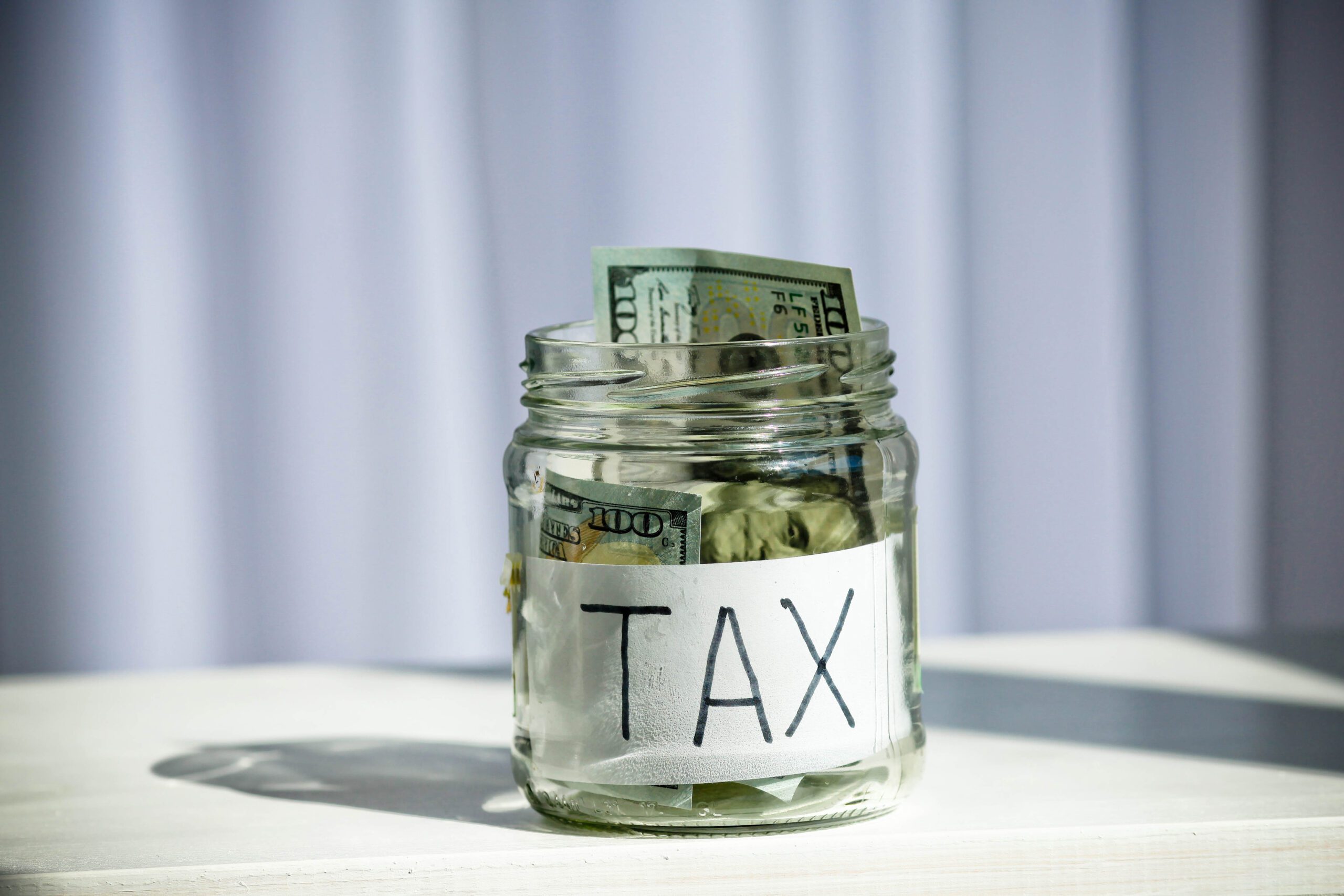Unincorporated associations are a common form of organisation for clubs, societies, and small groups in the UK.
When it comes to taxation, the rules around unincorporated associated can be complex.
When involved with the financial or organisational aspects of an unincorporated association, you must understand its tax obligations.
What is unincorporated business tax, do unincorporated associations file tax returns, and is an unincorporated association tax exempt?
What does unincorporated mean in business?
When talking about an unincorporated association, we refer to a group or organisation that has not been registered at Companies House.
In practice, this usually means informal groups with common purposes, such as sports clubs, community groups, or other voluntary organisations.
Incorporated entities, like companies, have separate legal identities from their members. They are required to pay corporation tax on their profits.
However, this is not the case with unincorporated associations that do not have this distinct legal status.
Do unincorporated businesses pay corporation tax?
Unincorporated businesses, including unincorporated associations, do not pay corporation tax.
Instead, they are subject to different tax rules depending on their structure and activities.
The profits generated by unincorporated businesses are taxed income of the individuals or partners involved in the association.
It’s essential that anyone involved with the administration of this type of organisation understands unincorporated association tax and what is required.
Do unincorporated associations file tax returns?
Unincorporated associations are required to file tax returns if they meet certain criteria.
The type of tax return depends on the nature of their activities and the amount of income they generate.
For example, if income exceeds the threshold for VAT registration, it must register for VAT and file VAT returns accordingly.
Similarly, if income meets the threshold for income tax or National Insurance (NI) contributions, they must register with HM Revenue & Customs (HMRC) and file self-assessment tax returns.
How does taxation of unincorporated businesses work?
Taxation of an unincorporated business will usually be based on the profits generated by its business activities.
These will typically be subject to income tax and NI contributions levied on the individuals or partners involved in the business. They will be subject to the same thresholds and allowances as sole traders or partners in a partnership.
Unincorporated businesses may be eligible for tax reliefs and allowances, such as the annual investment allowance for qualifying capital expenditure.
Expert tax advice for unincorporated associations from DAAFL
At DAAFL, our expert team can provide comprehensive tax advice and planning services for unincorporated associations.
Our specialist small business tax services can reduce your tax burden through sensible business tax planning, taking advantage of any allowances and reliefs, while ensuring you remain compliant.
Contact our Stockport accountants or further advice on maximising your tax allowances and ensuring tax efficiency.
More on Business Tax Advice from DAAFL
Business property relief
Corporation tax relief
Tax loopholes for small businesses
Mileage allowance relief
.
